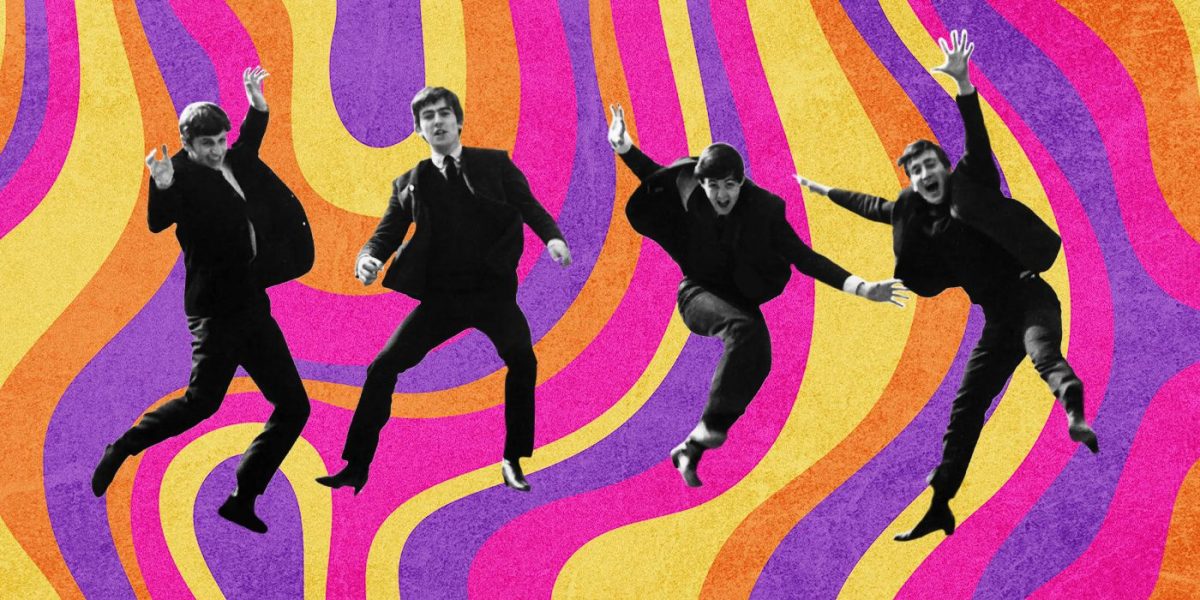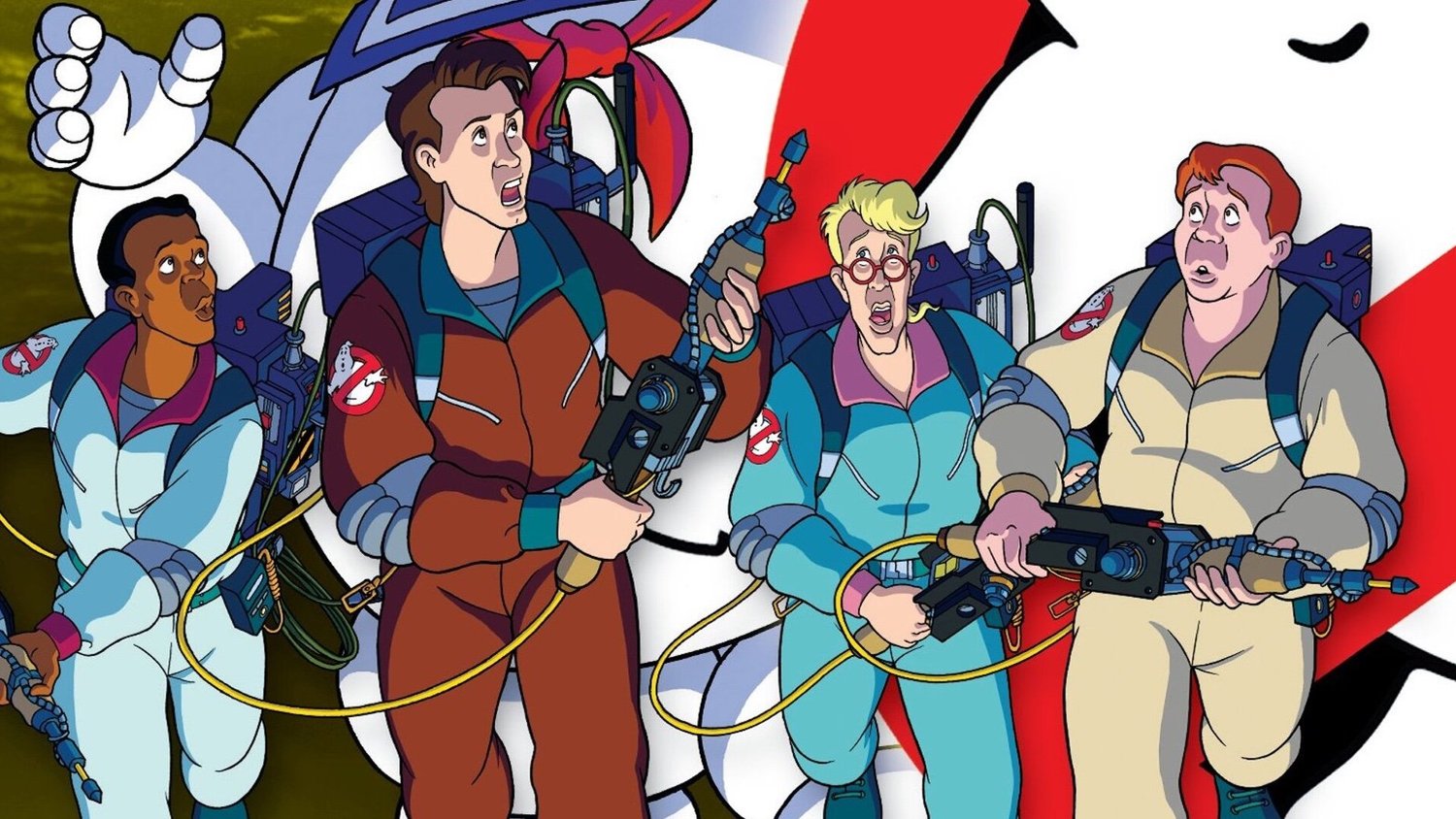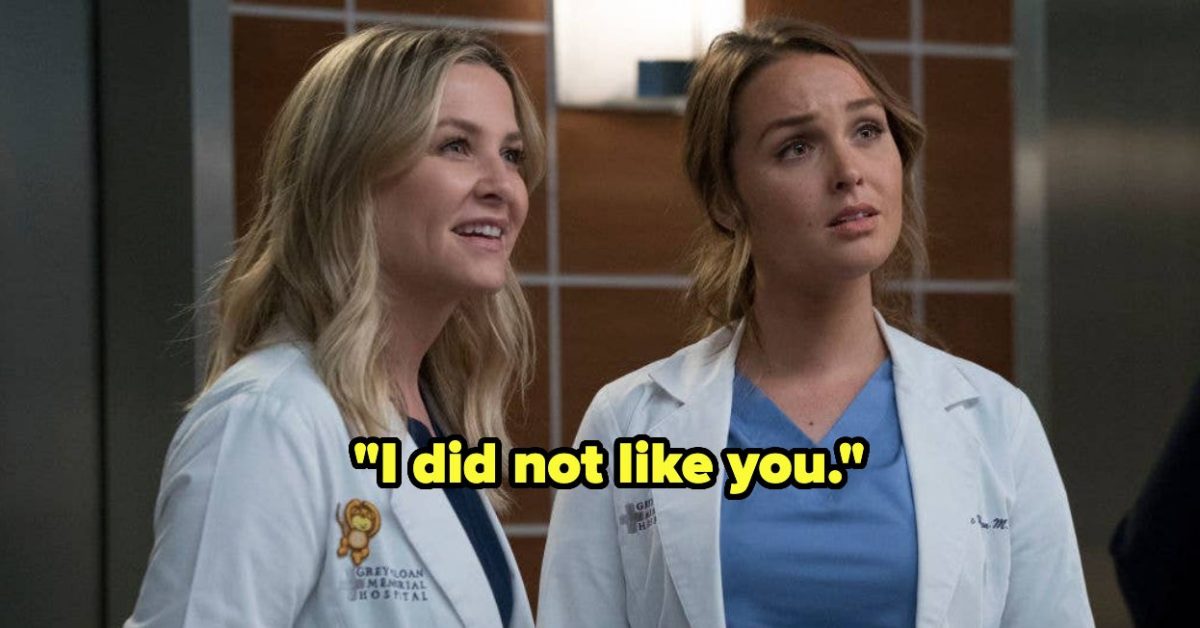
Robert Zemeckis’ Debut Feature Film Gave Us a New Take on Beatlemania
Aug 24, 2023
The Big Picture
Robert Zemeckis’ debut film, I Wanna Hold Your Hand, explores Beatlemania and its cultural significance through the perspective of a group of teenagers in 1960s America. The film cleverly balances comedy and sincerity, using slapstick humor and witty dialogue to convey the excitement and impact of the Beatles’ arrival in America. Zemeckis captures a key moment in American history, before the political and social turmoil of the 1970s, portraying Beatlemania as a blissful escape from the impending challenges of the era.
In the 1970s, an ambitious band of young directors that included Francis Ford Coppola, Martin Scorsese, and the late William Friedkin defined the New Hollywood with their idiosyncratic vision that rebelled against the safe and predictable norms of the studio system. Their films were often in response, at least in metaphorical terms, to the zeitgeist, which, as it pertained to the late-’60s and early-’70s, constituted a reaction to political quagmires. Through period or contemporary pieces, New Hollywood grappled with history. One of the essential directors of this era, Steven Spielberg, took on a mentorship role to Robert Zemeckis, a younger and more commercially-drawn up-and-coming filmmaker. Zemeckis, whose populist and crowd-pleasing sentiments contrasted with the downbeat cynicism of New Hollywood, nonetheless captured a blissful cultural moment at the dawn before the wave of political and social upheaval in his 1978 directorial feature debut, I Wanna Hold Your Hand.
Robert Zemeckis Tackles Beatlemania in His Debut Film
Image via Universal Pictures
As the title indicates, Robert Zemeckis’ film, which was written with this longtime creative partner, Bob Gale, features the historical backdrop of Beatlemania. On the eve of The Beatles’ inaugural American performance on The Ed Sullivan Show, New Jersey teenagers desperately concoct a plan to meet their idols while facing obstacles of possessing no tickets to the show and the onslaught of other rabid fans hoping to just be in the same vicinity as John Lennon, Paul McCartney, George Harrison, and Ringo Starr. Along this quest, the Fab Four-obsessed teens, Pam (Nancy Allen), Grace (Theresa Saldana), Rosie (Wendie Jo Sperber), as well as the band’s naysayers, Janis (Susan Kendall Newman) and Tony (Bobby Di Cicco), are pulled into the gravitational force of Beatlemania.
Despite this elaborate concept and explicit place in history, I Wanna Hold Your Hand is not about The Beatles, just like how Back to the Future is not about time travel, or how Who Framed Roger Rabbit is not about humans and cartoon characters sharing the same universe of existence. This is the key to understanding Zemeckis’ accomplishments as a critically acclaimed populist filmmaker. He is a humanist storyteller and the relationship between these friends and their coming-of-age serve as the heartbeat of the film. There is a reason why no members of The Beatles are cast nor why their faces are ever shown in the film. I Wanna Hold Your Hand crystallizes the turbulence of adolescence colliding with the whirlwind of a pop culture phenomenon.
‘I Wanna Hold Your Hand’ Finds Comedy at the Heart of Beatlemania
Image via Universal Pictures
Robert Zemeckis structures the story meticulously through intercutting between Pam, Grace, and Rosie’s respective endeavors in meeting the band. The set piece, dominantly contained inside the hotel where the band resides, resembles the pacing and momentum of a heist thriller. Zemeckis’ guerrilla and freewheeling style of filmmaking tap into the manic urgency of the ploy to share the same room as the band. The film swiftly balances farcical comedy and sincere emphasis on the resonance of the impactful night of February 9th, 1964. On the commentary track featured in the film’s release on the Criterion Collection, Zemeckis and Gale cited The Three Stooges and the films of the Marx Brothers as major influences in their precise execution of slapstick humor. The two also emphasized a mantra to have actors deliver their dialogue roughly 20% faster as a nod to classic screwball comedies.
However, I Wanna Hold Your Hand is far from tactless. Meshed with the zany Stooge-like slapstick is a curiosity about the monumental cultural implications of Beatlemania. The film’s opening evokes an eerie, calm-before-the-storm aurora. Police carry out barricades and go about their duty as if inside the Ed Sullivan Theater, there is a crime scene. At the stage, hours before the performance, Sullivan (Will Jordan), commands his crew with the fortitude of George Patton before battle. He theorizes that the fanfare met for Elvis Presley in the ’50s will be nothing compared to the rapturous response to the British invasion. In the commentary, Zemeckis and Gale interpreted their film as a cross between American Graffiti and Ben-Hur, with the former representing the last hurrah of teenage innocence, and the latter representing the overwhelming effect created by larger-than-life figures without ever entirely showing them on screen. The wide shots of eager Beatles fans crowding outside the studio and foaming out their mouth to catch a glimpse of any member trigger memories of the potent images of a mass volume of people shown in classic historical epics.
How Does The Beatles’ Presence Play into ‘I Wanna Hold Your Hand’?
Image via Universal Pictures
The formative backdrop of Beatlemania eloquently signifies human growth and a raised awareness of generational and cultural clashes. In the tornado of the screaming cries of joy and jubilation directed toward the band, there is an undercurrent of sexual awakening. The attraction to The Beatles is raw and energized, even if these primal feelings are enigmatic. This is most evidently conveyed through Rosie as the stereotypical fan who expresses a blunt craving for romance, particularly with McCartney. Pam is relatively ambivalent to the fanfare initially but is quickly drawn to the majestic influence once she breaks into the band’s hotel room. She gazes at one of their guitars like a religious artifact and then proceeds to caress it. Grace views this daring opportunity to meet the band as not only a “bucket list” type of accomplishment but as an enticing window to elevate her career as a photojournalist. An event this dynamic and world-altering causes the characters to ponder their life motivations.
The conflicting, yet coexistent, relationship between Janis, who loathes The Beatles for shoving her beloved folk music out of cultural relevancy, and Tony, who also loathes The Beatles because he is a rebel, highlights the band’s seismic influence on sociology. Janis and Tony should not get along, or even cross in the same paths. One is an intellectual aficionado of folk music who detests the inferior catalog of The Beatles. The other is a Fonzie-like bad boy that is in mockery of such an unfashionable band, especially something that is held in high regard among teenage girls. With this shared interest, the two creep closer toward the middle of the Venn Diagram. I Wanna Hold Your Hand presents a generational cohesion among people who ought to be clashing. The textual emphasis on literal generational divides is loose throughout the film, but various interactions between the teens and other adults inside the hotel, who are in awe of their rabid behavior, further cement the sociologically groundbreaking feeling of this era.
RELATED: From ‘A Hard Days Night’ to ‘The Wall’: What Happened to the Band Movie?
Zemeckis Grapples With Beatlemania in Context With American History
Image via Universal Pictures
Zemeckis, as fully realized and celebrated in Forrest Gump, is fascinated by cultural history. Where the laborious efforts to place Gump within the vicinity of Elvis Presley, John F. Kennedy, and John Lennon in his Best Picture winner grow tiresome, the historical backdrop of I Wanna Hold Your Hand is a nuanced supplement to the film’s greater pathos. At the time of The Beatles’ inaugural American performance in 1964, the United States was settling into its final days of innocence before the Vietnam War, the assassination of Martin Luther King Jr., and the Watergate scandal. Through the contrast of understood future events, the film romanticizes this period. This unhealthy obsession with a band looks toxic from afar, but compared to the ensuing decay of the collective American spirit, Beatlemania was blissful. These teenagers, who would likely engage with Vietnam War protests or enrollment in some form later in the decade, appear completely removed from any political dialogue. Additionally, the film captures a wholesome early chapter in The Beatles’ lifetime, before the days that tackled harsh social issues (albeit, ones that needed to be addressed) and delved into the vortex of psychedelic rock.
In an essay for the Criterion release, critic Scott Tobias writes that Zemeckis seeks to “explore the Beatlemania phenomenon from an abundance of angles–as a catalyst for sexual awakening, as a safe outlet for shared enthusiasms, as a flash point for rebels and reactionaries–but they seem firm in their conviction that teenagers… don’t have even the gravest political news on their minds.” Considering that the band’s performance took place mere months following Kennedy’s assassination, Beatlemania and the fictional events in I Wanna Hold Your Hand could signify a cleansing of the dark cloud hovering over the nation, but in Zemeckis’ film, American has Beatles on the mind and nothing else.
It would have been easy to alienate or infantilize the overzealous teenagers looking for a life-changing thrill in I Wanna Hold Your Hand. Robert Zemeckis, under the guise of producer Steven Spielberg, legitimized the desires and fascinations of youths in the mid-1960s. The director, who understands the magnetic force of revolutionary music, as evident in the anachronistic live performance of “Johnny B. Goode” in Back to the Future, charmingly portrays an America swept up by a timeless rock band through the eyes of their most vulnerable fans. This debut film laid the cinematic groundwork for one of the most innovative and impactful filmmakers of the last 40 years.
Publisher: Source link
Guess The Missing Word: Christmas Song Titles
The holidays are here, and there's no better way to ring it all in than a seasonal song or two. So test your yuletide knowledge by identifying the missing word in the 14 holiday songs below. Good luck! Disclaimer: The…
Dec 26, 2024
Score an Extra 40% off Fashion & More
Our writers and editors independently determine what we cover and recommend. When you buy through our links, E! may earn a commission. Learn more. Even on Christmas Day, Anthropologie has your back with an extra 40% off sale that’s practically a…
Dec 26, 2024
"We Despised Each Other So Much That It Read As Love": 13 Costar Duos Who Did NOT Get Along
Diane Kruger said, "It kind of sucked. He's dead, so I can say that. But he wasn't the most pleasant person."View Entire Post › Disclaimer: This story is auto-aggregated by a computer program and has not been created or edited…
Dec 25, 2024
19 Best Experience Gifts for Everyone on Your List
Our writers and editors independently determine what we cover and recommend. When you buy through our links, E! may earn a commission. Learn more. As the holidays approach, the last loved one on your list is usually the hardest person to…
Dec 25, 2024











